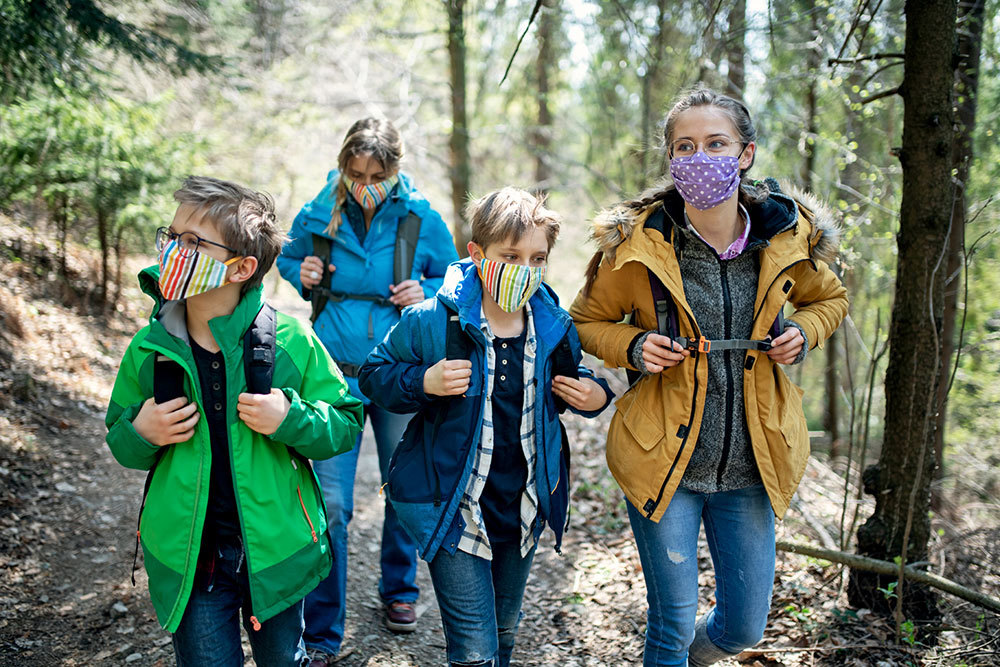 | | PHOTOGRAPH BY IMGORTHAND, GETTY IMAGES |
|
| By George Stone, TRAVEL Executive Editor
Many Americans are missing family and friends this holiday season, but a raging pandemic makes travel risky. The best advice for minimizing COVID-19 exposure is to stay in your pod. But not everyone is bubble-bound. “The science tells us gathering for the holidays isn’t a great idea,” says contributing writer Heather Greenwood Davis. “Still there are people who will feel obliged to make that trip home over the holidays and while experts are clear that you can’t eradicate the risk of travel at this time, there are some things you can do to minimize it.”
In our article on how families—everyone from little kids on up to grandparents—can navigate their pandemic holidays, Greenwood Davis goes beyond the usual advice to research the viral caseloads both where you live and at your destination; get a test (or three) as close to travel as possible; wear a medically approved mask that fits; and wash your hands a lot.
Her family-first advice reminds travelers to train kids in mask-wearing and social distancing; to book accommodations now (a hotel might be safer than a relative’s home); and to make contingency preparations for kids—to manage their boredom, hunger, fear, and fatigue in a COVID-safe way. “Tradition really isn’t a good enough reason to risk your health or that of the people you care about. Already exhausted parents often see their will tested by family travel in the best of times,” she writes.
National Geographic science editor Nsikan Akpan, who has covered the pandemic since January, offers his own advice—backed by epidemiologists and virologists—for safer travel and spending time indoors with at-risk relatives. Thanksgiving comes too soon for Akpan’s safest protocol to protect yourself, your family, and strangers. That would be to get three negative test results over a two-week period, indicating when, where, and how to sequence your tests. “If you want to gather around a Christmas tree with your elderly parents, you’ll also need to build in a quarantine period,” he adds.
As we have reported, airplane ventilation systems filter out 99 percent of respiratory droplets or smaller particles called aerosols that help spread SARS-CoV-2. A smart tip is to check if your airline keeps its ventilation on at the gate. The bigger danger is the airport: “Surfaces like ID scanners or bins in the security line pose a much lower threat than germy fellow passengers, but the danger quickly compounds when many people are touching the same surfaces,” Akpan notes.
Wherever you spend your holidays this year, we wish you health and happiness above all.
Do you get this daily? If not, sign up here or forward this to a friend.
| |
|
|
Nenhum comentário:
Postar um comentário